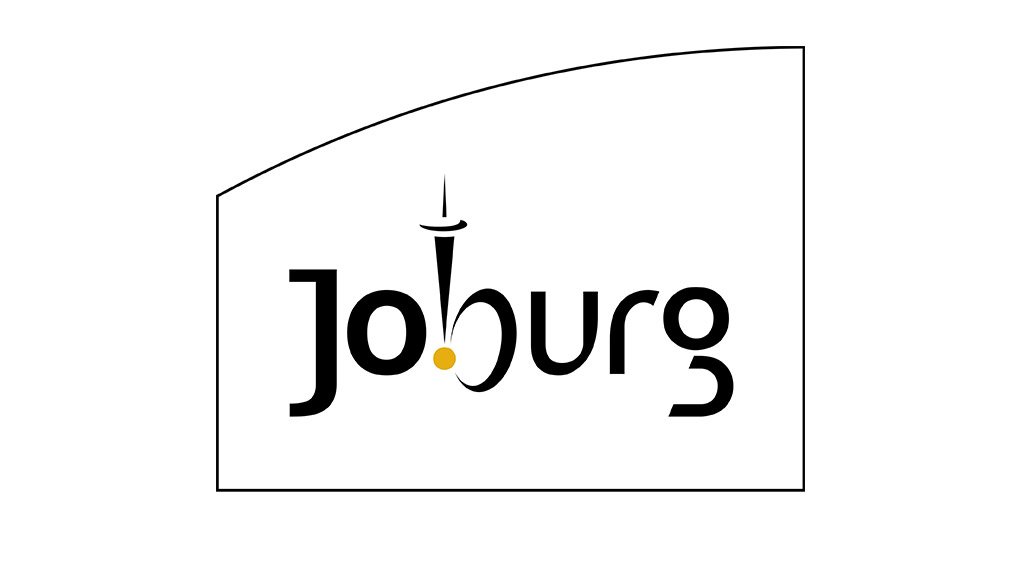Development finance institution the African Development Bank (AfDB) Group has approved a R2.5-billion corporate loan to the City of Johannesburg metropolitan municipality.
This is the bank’s first direct lending to a subnational entity in Africa and the loan approval operationalises the AfDB’s Guidelines for Subnational Finance for the first time.
The transaction will finance critical infrastructure projects in electricity, water, sanitation and solid waste management and is expected to benefit six-million residents.
The loan will finance over 100 projects across the four vital sectors. Projects will include upgrading distribution networks, installing smart meters, expanding renewable energy capacity and connecting 3 200 new households to the grid; rehabilitating aging pipelines, upgrading treatment facilities and reducing water losses from 46% to 37%; and improving landfill compliance, expanding recycling facilities and enhancing waste collection services.
The funding will exclusively support trading services infrastructure that generates revenue, which is expected to ensure sustainable debt repayment, while addressing urgent challenges in service delivery.
An additional $1.5-million grant through the AfDB’s Urban and Municipal Development Fund is being sought to support municipal reforms, governance and climate-resilient planning initiatives.
“This landmark transaction, led by the AfDB’s Infrastructure and Urban Development Department, in coordination with the Water and Sanitation Department and the Power Department, signals a new era in how the AfDB can empower cities.
“By directly financing Johannesburg, we are unlocking a scalable model for subnational lending that enables multi-sectoral infrastructure delivery and positions the bank as a trusted partner in driving sustainable, inclusive urban development across Africa,” AfDB private sector, infrastructure and industrialisation VP Solomon Quaynor says.
The City of Johannesburg faces significant infrastructure challenges, with yearly electricity losses of 30% for the past three years and water losses of 46.1%.
The project is expected to create 2 869 jobs during construction and 592 full-time equivalent jobs, with 14% reserved for women and 23% for youth.
Reduced electricity and water interruptions are expected to boost productivity for 65% of electricity and 5% of water consumed by industry.
The project is anticipated to enhance free basic services for 160 000 indigent households.
R500-million in contracts has been earmarked for small and medium-sized enterprises, with 40% reserved for women-owned businesses and 50% for youth entrepreneurs.
The AfDB says it has included comprehensive safeguards in the project to assure robust monitoring and oversight, transparency, compliance and sound financial management throughout the loan lifecycle.
EMAIL THIS ARTICLE SAVE THIS ARTICLE ARTICLE ENQUIRY FEEDBACK
To subscribe email subscriptions@creamermedia.co.za or click here
To advertise email advertising@creamermedia.co.za or click here











